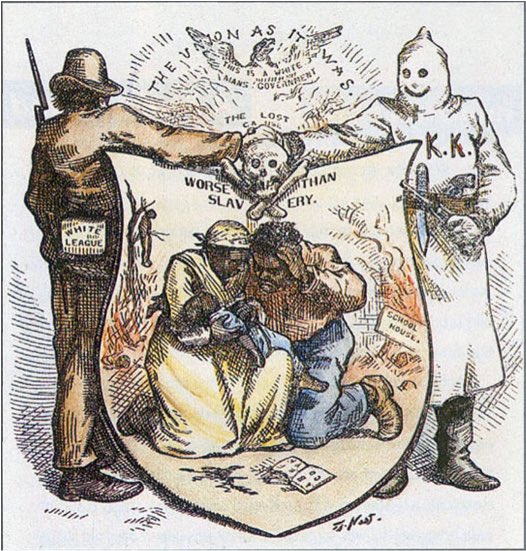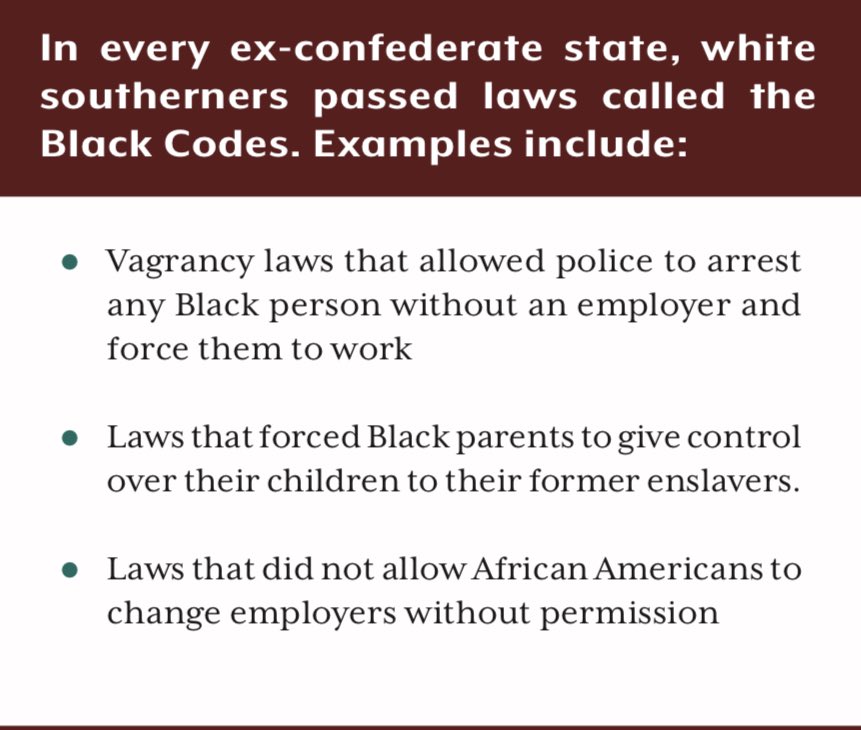
🧵 “Rose Cannon’s (@Reparationist_1) family moved to Evanston in 1919, when her father and his family arrived from Tennessee and settled in the 5th Ward.” #reparations #ReparationsNow
1/
washingtonpost.com/nation/2023/01…
1/
washingtonpost.com/nation/2023/01…
“As her family prospered, in the early 1960s, when Cannon was in high school, they moved into their dream home, a brand new house in the historically White 2nd Ward neighborhood.” #reparations #ReparationsNow
washingtonpost.com/nation/2023/01…
2/
washingtonpost.com/nation/2023/01…
2/
“They were unable to secure a conventional mortgage and resorted to a contract for deed, she said, referring to a predatory financial agreement commonly required for Black people in the 1960s.”
3/
washingtonpost.com/nation/2023/01…
3/
washingtonpost.com/nation/2023/01…
“When a family member’s business collapsed, they began to financially struggle and missed a payment, Cannon said. They lost the home and moved back to the 5th Ward.”
washingtonpost.com/nation/2023/01…
4/
washingtonpost.com/nation/2023/01…
4/
“My mother spent a lot of sleepless nights crying over it and feeling that they were disgraced and people would needle them if they saw them in public, ‘Oh, you’re back, what happened to that lovely house,’” said Cannon. “I still love the 5th Ward, but when I could move, I did.”
“This is not reparations, but the city has attached on to it in order to make themselves famous across the United States,” said Cannon, noting that 33 Black city employees recently called on the city to investigate racial discrimination by supervisors and White co-workers.”
6/
6/
“This is all about getting good press, when in reality, our city is in shambles.” Cannon (@Reparationist_1) has not applied for the reparations program, though she qualifies.”
Necessary article by @emmanuelfelton of @washingtonpost. #ReparationsNow
washingtonpost.com/nation/2023/01…
End🧵
Necessary article by @emmanuelfelton of @washingtonpost. #ReparationsNow
washingtonpost.com/nation/2023/01…
End🧵
• • •
Missing some Tweet in this thread? You can try to
force a refresh
















